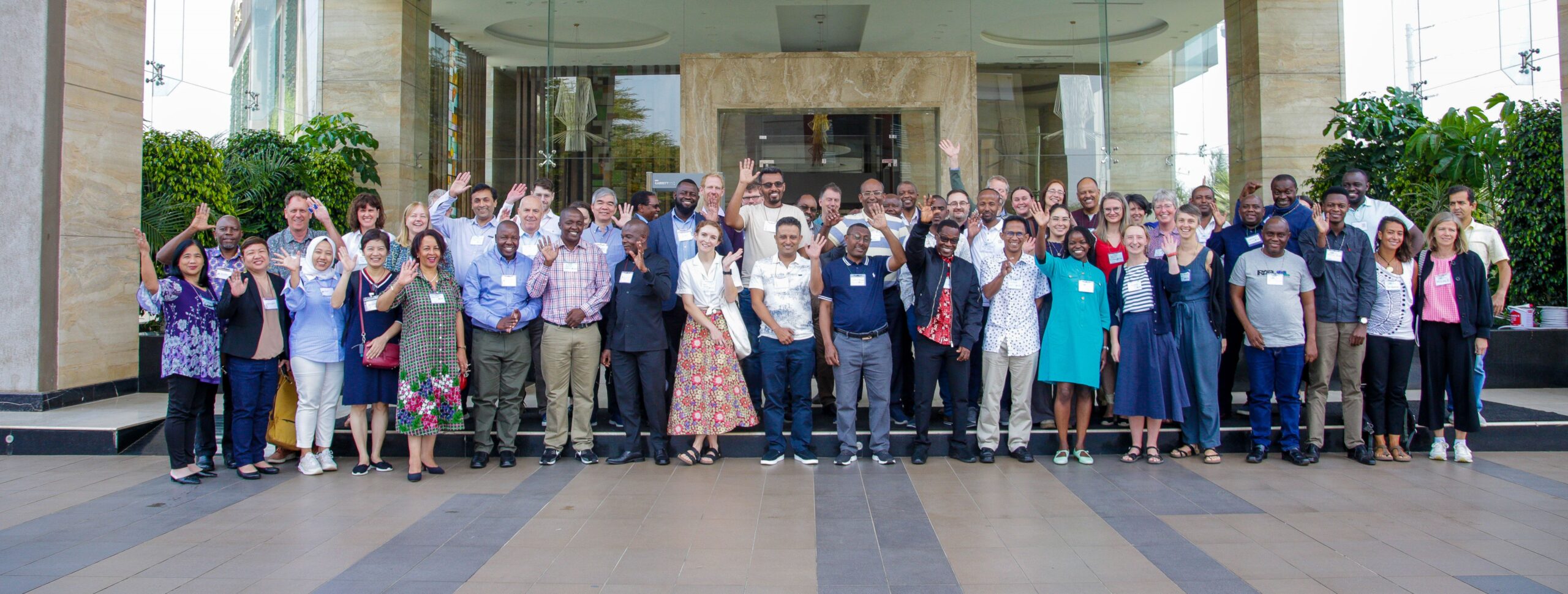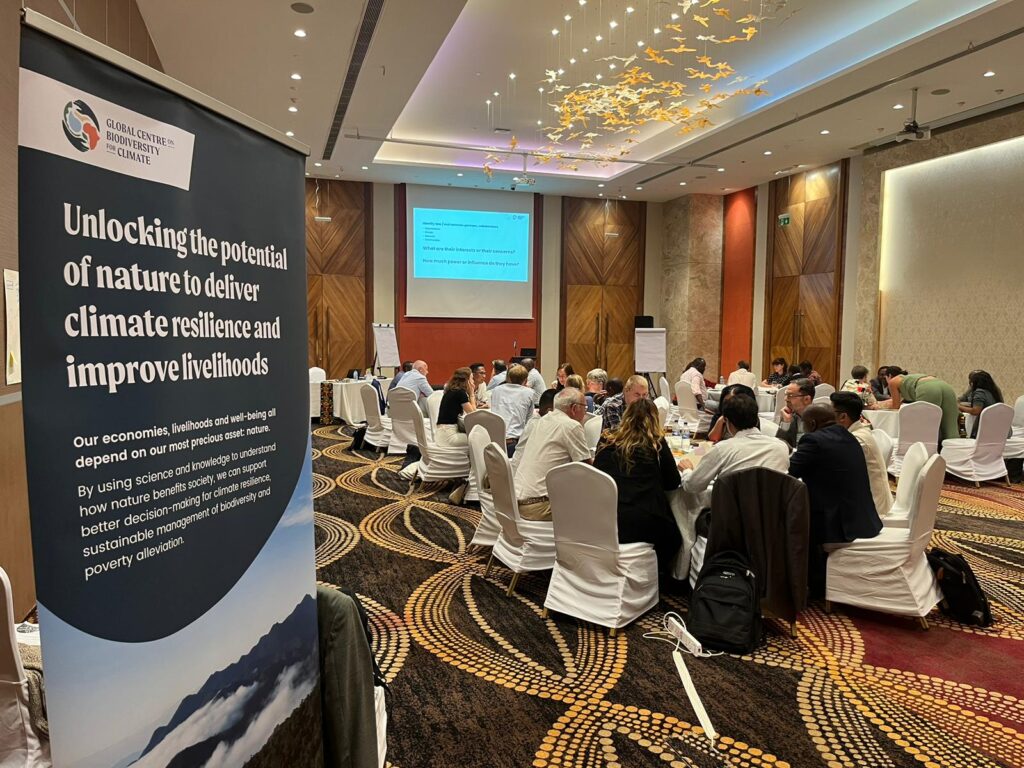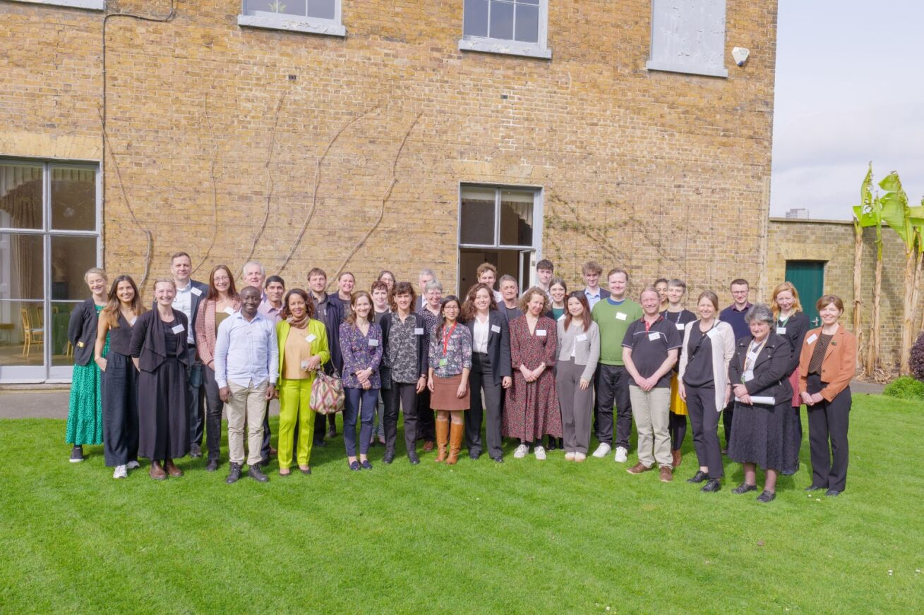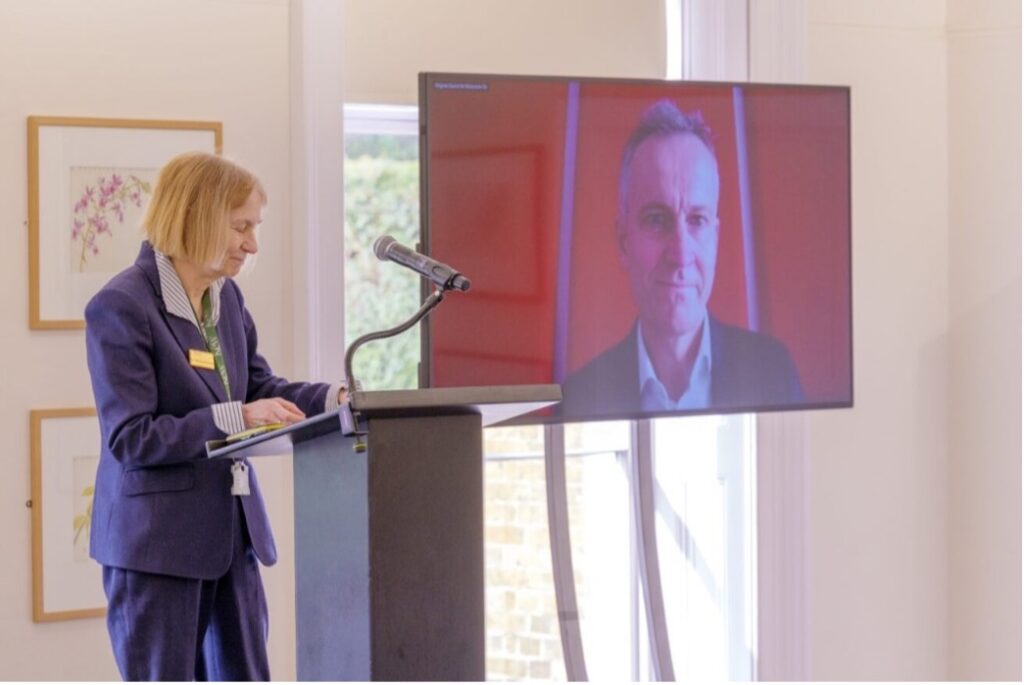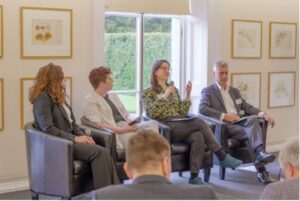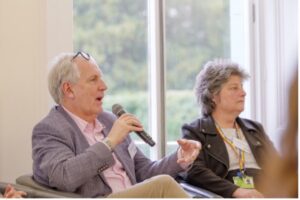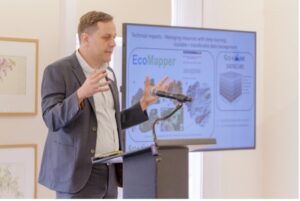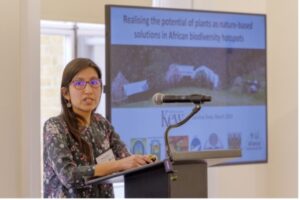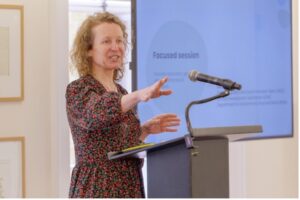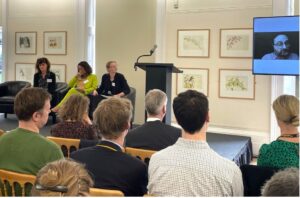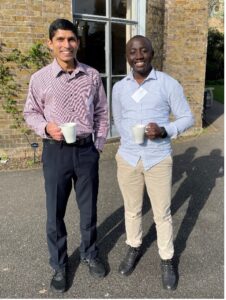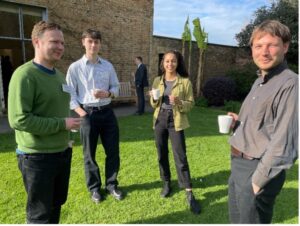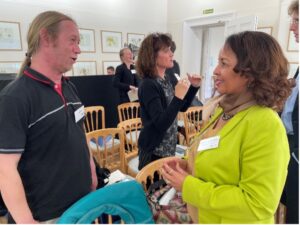GCBC Grantees engage at 16th meeting of the Conference of the Parties to the Convention on Biological Diversity (COP 16)
By GCBC Grantees
Several of the GCBC’s grantees took part in COP16 in Cali, Colombia between 21 October and 1 November, 2024. During this global gathering delegates discussed progress on the implementation of the historic Kunming-Montreal Global Biodiversity Framework (2022) while negotiators discussed ways of preserving biodiversity and tackling the impact of climate change.
The Nature Transition Support Programme (NTSP) – UNEP’s World Conservation Monitoring Centre (UNEP-WCMC) hosted a side event ‘transforming economies for nature and people’ to shed light on the dependency of countries’ economies on nature, and the importance of re-thinking how they can change their development trajectories to achieve sustainable development. Featuring a panel comprising of representatives from the governments of Colombia, Ecuador, Ghana and Vietnam. The event showcased the results of the programme achieved to date and sparked a lively debate on how identified challenges can be addressed. Read more on this programme at: https://lnkd.in/dmpp2cdt
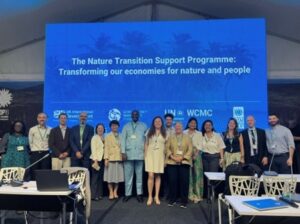
CIASE, the GCBC’s partner on the Gran Tescual Indigenous Reservation Climate Plan, hosted a side event with the Gran Tescual Indigenous Reservation, titled “Pan-Amazonian Dialogue: Intersectional Experiences on Biodiversity and Climate.” Genith Quitiaquez (former governor of the Reservation), Carola Mejía (Climate Justice Coordinator at the Latindadd Network), and Rosa Emilia Salamanca (CIASE Director) shared insights on the ways in which intersectionality, care, and transformative resilience can strengthen the bonds between biodiversity and climate action.
CIASE also participated in the International Meeting on Women and Biodiversity in collaboration with the Colombian Ministry of Foreign Affairs and the Women’s Vice Ministry. This effort contributed to the Inírida Declaration, a set of recommendations aimed at including women and diverse populations in climate action and biodiversity conservation.
In collaboration with the Government of Nariño, a department of Colombia, CIASE also presented a photographic exhibition showcasing the botanical richness of the Gran Tescual, inspired by the Illustrated Botanical Guide of the Gran Tescual Reservation. This initiative is part of the “Climate Plan of the Gran Tescual Reservation” project.
CGIAR / CIP – International Potato Center, project team for ‘Harnessing Andean Crop Diversity to Weather Climate Change’ in collaboration with Agrosavia, organized an event on Integrated Conservation, which improves the linkages between in-situ and ex-situ agrobiodiversity conservation. Numerous “seed guardians” from Colombia, Ecuador, Peru and Bolivia attended. To find out more, the open access Spanish language factsheet, Characterizing agrobiodiversity is key to adapting Andean agricultural systems to drought and pests, is available to download here.
Alliance of Bioversity International – ’Diversity for Resilience and Livelihood’ The project manager, Dr. Dejene K. Mengistu from the Alliance of Bioversity International and Dr. Basazen Fantahun, from Ethiopian Biodiversity Institute (EBI) (a local implementation partner) presented a poster describing the drivers and lock-ins of green development pathways, a proposed research framework, project objectives, and planned activities with expected outputs to more than 250 attending participants in the blue zone of COP16. The poster presentation was well received, generating constructive comments and suggestions from experienced experts in the areas of forest restoration and management.

